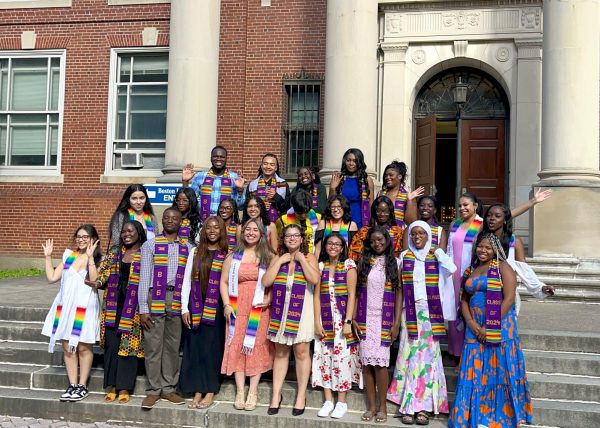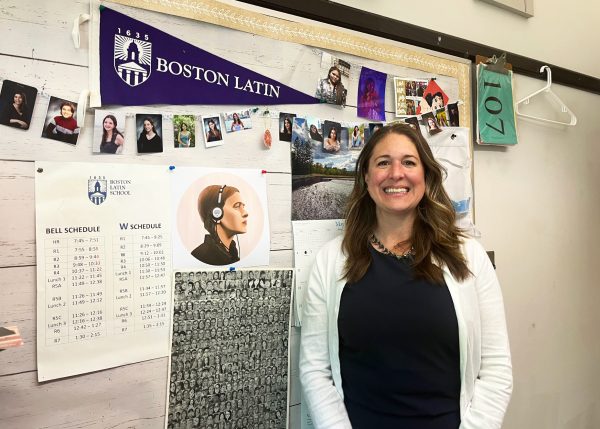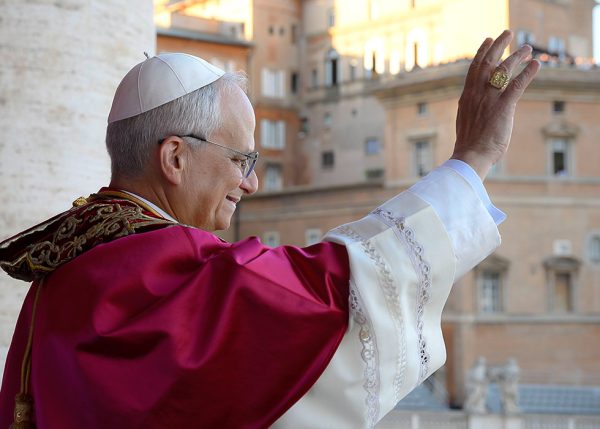From Classroom to Capital: Facing History’s D.C. Trip
In early March, Boston Latin School Facing History and Ourselves students hopped aboard the Amtrak for a four-day trip to Washington, D.C., where they visited a variety of museums, organizations and the White House.
This marks the reboot of the class’s annual trip after a three-year hiatus due to the COVID-19 pandemic. Even though students returned full-time to classrooms at the beginning of the last school year, Boston Public Schools only recently lifted their restrictions for overnight trips.
BLS Facing History teacher Ms. Judi Freeman says, “It wasn’t until November that the BPS officially said publicly that they would allow field trips. I didn’t collect a single piece of paper from anybody until November.” In other years, paperwork for this trip would have started right at the beginning of the school year.
COVID-19 restrictions also altered the trip’s itinerary. In previous years, students met and spoke with a Holocaust survivor at the United States Holocaust Museum, but they were not able to this year because of health concerns. The group was also unable to access any of the public rooms within the museum, which, in past years, hosted experts like Daniel Solomon, a researcher from the museum’s Simon-Skjodt Center for the Prevention of Genocide.
Similarly, there were several roadblocks involved with the planning of small-group visits to social justice organizations, media outlets and federal departments, including NPR, the Pulitzer Center for Crisis Reporting and the U.S. Department of Justice. Certain organizations including Bloomberg News, CNN and NBC were unable to host any students this year.
“[Back then,] anywhere between 20 and 30 people would go to each [organization]. And they all could accommodate that. But the [COVID-19] rules said no,” says Ms. Freeman.
Some organizations also declined a visit from BLS students last minute, while others were not popular enough when students were choosing where they wanted to go to. This led to complicated schedules which Ms. Freeman frequently changed in order to accommodate students’ preferences.
These organizations, however, still provided enriching experiences for those on the trip.
Having visited the Department of Justice, history teacher and chaperone Ms. Ashley Balbian adds, “As an [AP U.S. History] teacher, seeing those New Deal paintings […] was so neat.”
On the final day of the trip, the group visited the White House. During the event, students had the unique opportunity to stand in the Rose Garden, which is located just outside of the Oval Office. Annie Tomasini (‘98), Director of Oval Office Operations, made this part of the trip possible. She spoke to the students and chaperones about her experiences as a Traveling Chief of Staff for President Biden and how she came to possess this job.
Joey Mitchell (II) comments, “It was just very surreal because I was having a hard time processing that I was in the White House. And I can’t believe we were in the Rose Garden.”
Three museums, two organizations and one White House visit in two and a half days made for a tightly-packed schedule. Those on the trip, however, agree that these few days were extremely memorable and an invaluable learning opportunity — all thanks to one teacher.
Victoria Mabington (II) concludes, “There’s just so much that we couldn’t have done without Ms. Freeman.”





